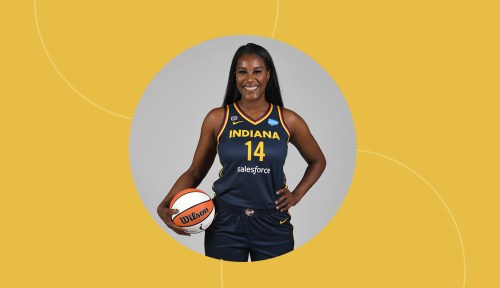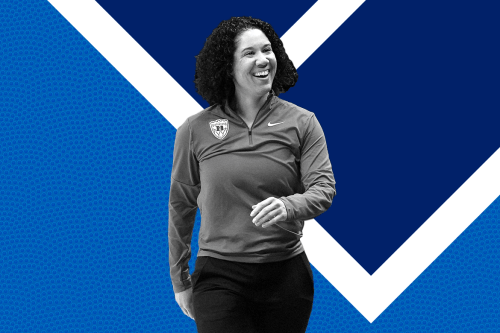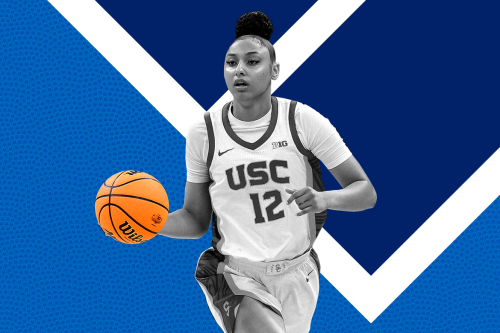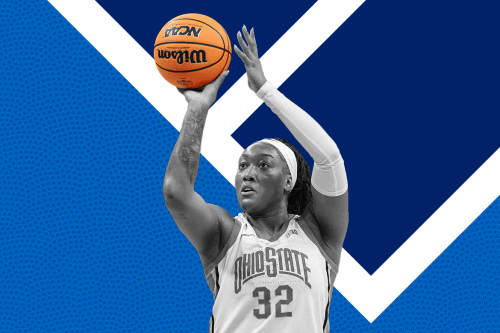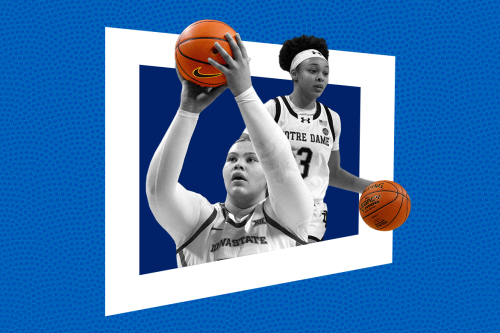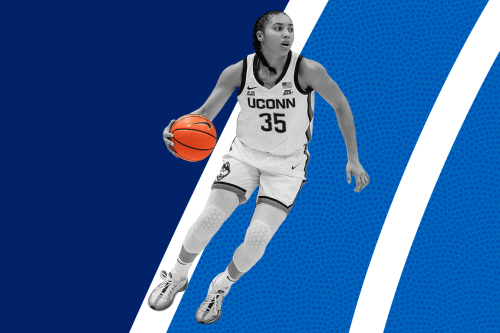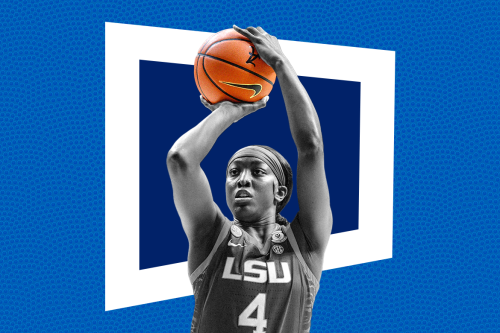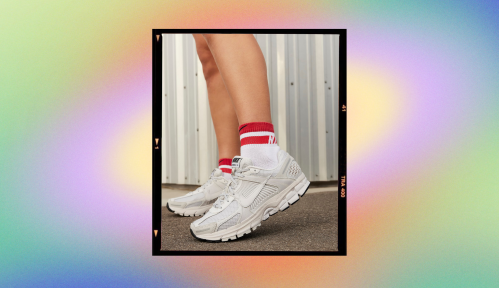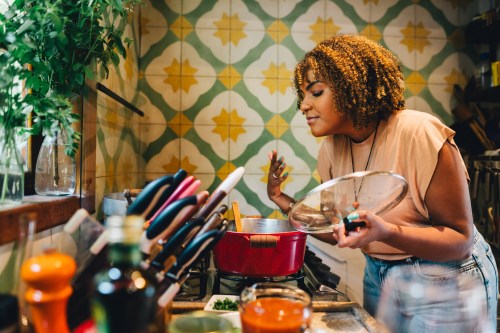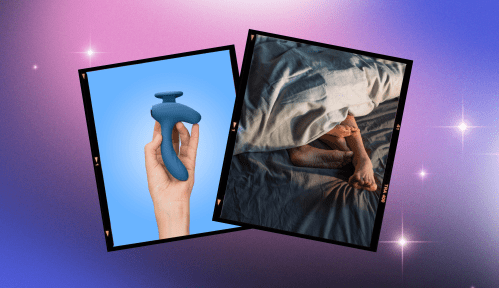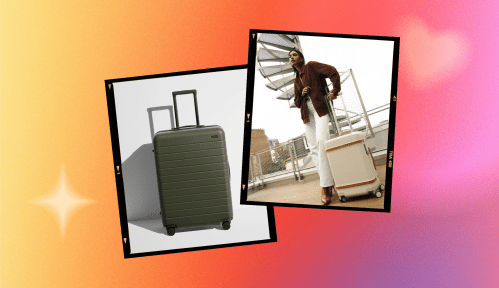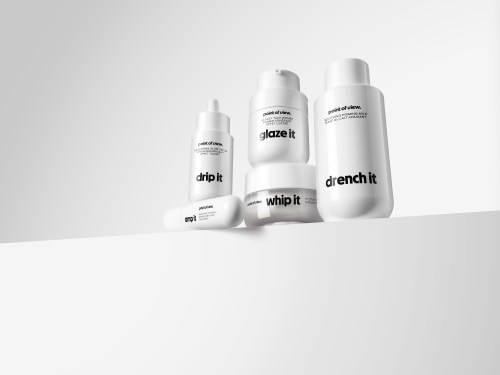I flipped open my laptop and waited for the first Athlete to Advocate session to start. If I’m being honest, I wasn’t quite sure what to expect. When my team, the Indiana Fever, announced in February that it was partnering with the Indiana University Lilly Family School of Philanthropy to put together a five-week program teaching athletes how to be effective advocates, I knew right away I wanted to do it. I wanted to use my voice to change the world for the better, but I just didn’t know where to start.
Experts in This Article
Jantel Lavender is a professional basketball player for the Indiana Fever. In 2016, she was named the WNBA Sixth Woman of the Year and a WNBA Champion. She’s been playing with the WBNA since 2011.
Human rights issues related to race, gender, and sexuality have always been close to my heart. I consider myself an ultra feminist; I push really hard for women because I don’t believe we’re treated right in this world. But how do you even begin to start dismantling deep-rooted systematic prejudice? As I logged on to that first virtual session, I hoped I would come out of the five weeks with a little bit more clarity.
Where my passion for social issues comes from
As a Black woman living in America, of course, I’ve had my own encounters with racism. One time, I was in a pool in Marina Del Rey, California and I had some meditation music playing from a small speaker. It wasn’t turned up loud; in fact, I had to be right by the speaker to even hear it. But a white man and his girlfriend came into the jacuzzi by the pool and asked me to turn my music down.
I asked him if it was really bothering him and then he went off on me. “What are you doing here? How can you afford to even live here?” he asked me. I instantly just started crying. The world is so cruel. I wasn’t even doing anything. I was just sitting in the pool listening to some meditation music, but this man had to come after me because I’m Black and question my financial status.
Another incident happened to me in college when I was playing basketball for Ohio State. I was driving into the stadium parking lot and a white police officer directing traffic told me I couldn’t be there, and that I had to park farther away. I told him I was an athlete and had a badge that allowed me to park there—and actually a giant poster of me was hanging outside the stadium—but regardless, he still wouldn’t let me park. The game started in five minutes and I knew I had to get there, so I parked my car and started running. He sprinted after me and said he was going to arrest me for disobeying him.
I was mad. Furious. I started telling him that just because he was a police officer didn’t mean he had power over people or was in charge of their lives. We stood there arguing for five minutes. I actually saw him at another Ohio State game a few months later. He came up to me and told me that I changed his life. He actually thanked me and said I changed how he approached his job as a cop.
Today, when I play basketball overseas in Europe, I’ll score 30 points and grab 16 rebounds, but the game MVP will go to a white teammate who only had six points and four rebounds because we’re in Poland and she looks more like them. To them, I was just this dark-skinned girl overseas. I’ve been told I am aggressive even though I’ve seen my white teammates get louder with a coach. This happens all the time.
All of these experiences have shaped who I am and made me passionate about speaking out against police brutality and racism. But I’ve never had the framework to know what to do with that righteous anger, and I’ll be the first to admit that I haven’t always handled it correctly. That’s why I wanted to go through the Athlete to Advocate program; to figure out how to be productive and actually make a positive difference.
Athletes aren’t entertainers, we’re human beings
Over the course of the five weeks, several of my teammates and I learned how to do exactly that. The program teaches athletes how to use their passions to change the world through philanthropy. It was very eye-opening to learn about the intricacies of philanthropy, which isn’t just about giving money.
Something we learned in the program is that when you lift up one group of people, everyone benefits because we’re all connected. My teammates and I are passionate about different causes, but by supporting each other, we raise the tide for everyone. When you’re on a team, often you’re just on a court shooting baskets and you don’t know much about each other’s personal lives, but going through this program and hearing my teammates’ personal stories makes me want to push that much harder for them on the court.
“You want to watch me dribble and cheer for me on TV but you wouldn’t sit next to me at a restaurant?”
Now I know what my teammates have a heart for and where it comes from. Tiffany Mitchell is interested in helping single parents because it relates to her own life. Kathleen Doyle wants to help youth. Victoria Vivians is trying to bridge the gap between white and Black in Mississippi. Lauren Cox has had Type 1 diabetes since she was seven years old. Chanelle Molina is interested in mental health because many of her family members live with depression. These are our life stories and now we are going to use these experiences to actually help others—and we get to support each other while we do it.
I hope other teams will go through the Athlete to Advocate program to learn how to use their position as an athlete to also be a philanthropist. There are some people who don’t believe athletes should have a voice. They just want us to be quiet and play our sport. These people look at us as entertainers and not human beings. I am a human first. We are humans first.
I hate that, as athletes, we’re often put in a position of choosing whether to back up a cause that’s important to us or to be quiet so we can keep our jobs and feed our families. There are people who watch us on TV, who don’t actually like Black athletes as human beings. That is an oxymoron to me. You want to watch me dribble and cheer for me on TV but you wouldn’t sit next to me at a restaurant? There’s a certain expectation of how women should look, move, and be in the world. Not everyone fits that narrow view and we’re all trying to impact the world in different ways, not just on the court.
So yes, I do believe athletes should use their voices. But you know what? You don’t have to be an athlete to be a philanthropist. Anyone can be a philanthropist. It starts with identifying what’s important to you. What has shaped you and how can you use those experiences to lift up others? If we all do this and champion each others’ causes, the world will be a vastly different place.
As told to Emily Laurence.
Oh hi! You look like someone who loves free workouts, discounts for cult-fave wellness brands, and exclusive Well+Good content. Sign up for Well+, our online community of wellness insiders, and unlock your rewards instantly.
Sign Up for Our Daily Newsletter
Get all the latest in wellness, trends, food, fitness, beauty, and more delivered right to your inbox.
Got it, you've been added to our email list.
